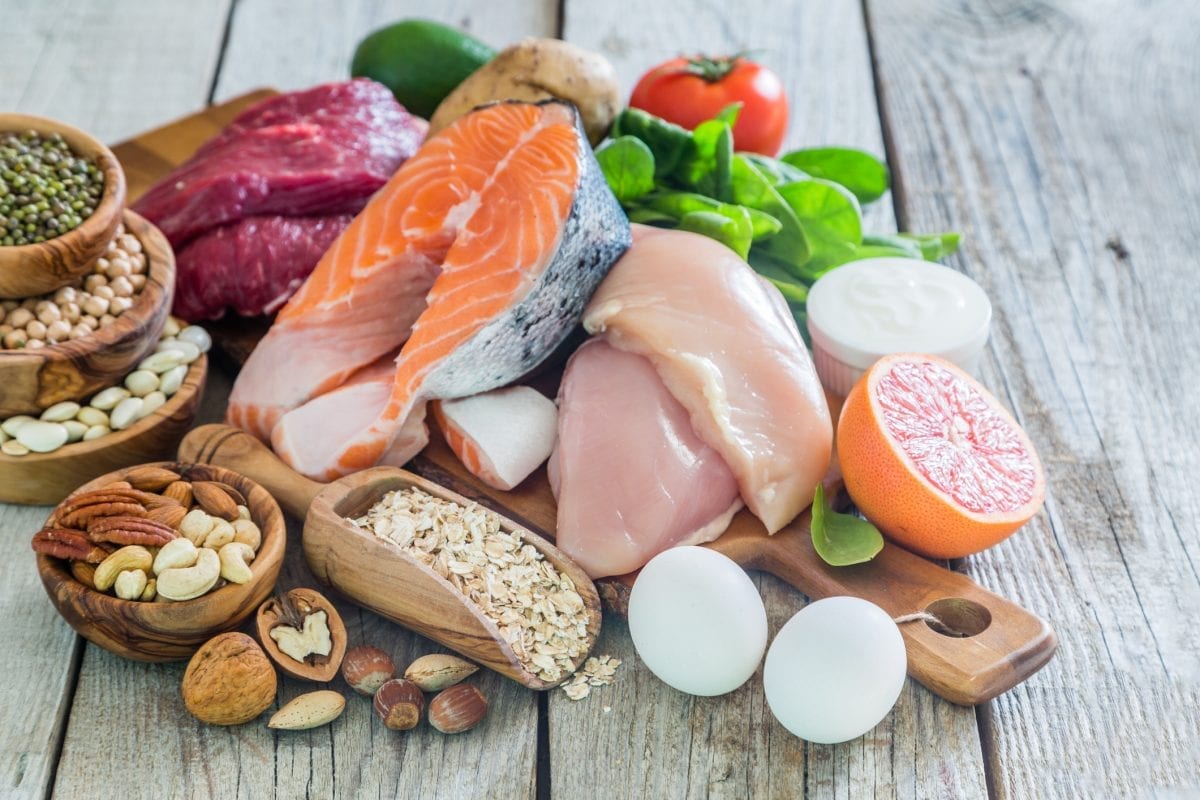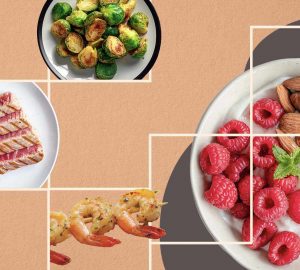How diet can affect mental health is a very important, yet often overlooked relationship. While each person is different, maintaining good meal health through diet is possible for anyone, at any age to boost memory, mood and other mental functions. And you don’t have to eat diet foods. The fact is – you can eat for good mental health and still enjoy all of the foods you love like mac & cheese, pizza and even sweets. Mental health foods can be found in every food group. That’s why following a diet for your best mental health can also be fun and delicious, too!
5 STAR REVIEWS FOR PROVASIL
There are plenty of 5 star customer reviews for provasil online that can show just how the product works to boost mental function. The increased alertness and memory are just a few of the most commonly reported benefits of using Provasil. But can it work for you?
Many people have claimed in reviews for Provasil that the brain formula approaches mental functions in a variety of ways – and that’s why Provasil is said to be so effective. You see, the combination of neuro-protective antioxidants, amino acids and vitamins along with specific compounds like phosphatidylcholine, ginkgo leaf and others work together to address specific areas of your brain. Overall, each ingredient works to achieve goals like better memory or neuro-protection during aging but in a different way. An ideal addition to your healthy eating and mental health plan, Provasil can be used in your daily regimen.
EATING FOR MENTAL HEALTH
Today, you might not even realize that many of the foods you already eat can deplete your mental health. Most people follow what’s called the Standard American Diet in the U.S. This diet is common for people in the workforce however it includes large amounts of processed foods, sugar, red meat and fast food. The SAD includes many foods like these well-known to harm the bacterial balance of your digestive system. These types of foods oftentimes are the reason for digestive upset and mental health problems as well but you may not have noticed these subtle hints from your body.
HOW DIET CAN AFFECT YOUR MENTAL HEALTH?
The SAD is not a very balanced diet and it also is also void of some of the best foods for mental health that come straight from nature. Mother Earth offers some of the best sources of what researchers are calling, “friendly” or probiotic bacteria. These strains are similar to other biotics in that they are microscopic living creatures. However, not all biotics are created equal and some “unfriendly” strains are known to easily overgrow in the microbiome of your gut. It’s there, in the vast microscopic ecosystem of your GI tract that these harmful strains like e. Coli can take over and cause some nasty side effects.
Bacterial imbalance can cause:
- Digestive issues (bloating, gas or diarrhea)
- Sugar cravings
- Bad breath
- Food allergies or sensitivities
- Moodiness, anxiety and depression
- Dry skin problems, redness, rash and eczema
- Increased diabetes risk
- Low immunity
Your digestive system isn’t the only thing that suffers when you have bacterial imbalance in your gut. Your mental health can also suffer. Here are just a few signs that you may be suffering with a “bad” biotic overgrowth:
- Memory loss
- Low mood
- Brain fog
- Depression
- Anxiety [1]
WHAT FOODS ARE BRAIN FOODS?
Healthy food/healthy mind is a good rule to follow in the kitchen to reduce the harmful side effects of the SAD or other poor diets. Healthy food basically just means natural foods like whole grains, seeds and nuts, fruit and vegetables for brain health. Some of the best foods that help mental health include hemp seeds, chia seeds, almonds, walnuts, fatty fish, blueberries, leafy green vegetables like collards and lettuce along with olive oil and many more.
Food and mood mental health go together which is why many people aim to eat at least one brain food every day. Foods may be more powerful than you realize to help reduce depression effects on mental health. These common symptoms of depression (a serious mental health condition) are progressive and so they often go unnoticed. They can include things like restlessness and irritability, changes in appetite or sleeping patterns that worsen over time. Eating a good diet for depression is easy to do as long as you include plenty of complete proteins like eggs and quinoa, healthy fats from oils, seeds and nuts along with berries, leafy green vegetables and other foods from nature.
BUILDING A RELATIONSHIP BETWEEN DIET AND HEALTH
Most people in America follow the SAD however, the results of a diet so lacking in nutrients from whole grains, fruits and vegetables for brain health can deplete mental sharpness. For this reason, you can prioritize your relationship between diet and your mental health by boosting the amount of good-for-you foods you eat. Just remember: foods for better mental health don’t have to be diet foods. They can include items you love to eat with a few modifications like adding fruit, vegetables and whole grains. Simply add the idea of always eating based on the health food/healthy mind principle to easily build a better relationship between your diet and mental health.
Eating healthy food for healthy body and mind is a basic idea. However, when life happens and there are packed calendars to contend with, a full workload and kids too, it can be difficult to remember that eating for mental health is a necessity. Just to keep up with everything you want to do, avoid age-related mental decline or reduce anxiety, knowing how diet affects health is important.
AUTHOR BIO
 I’m a post-graduate and health blogger. I have over a decade of experience in researching and writing as a profession and as a passion. I am a health blogger who loves to write articles for health related topics in power of self-motivation. A person, according to me, is perceived by others in the same way a person perceives himself or herself. I enjoy in writing the feedbacks regarding various health related products.
I’m a post-graduate and health blogger. I have over a decade of experience in researching and writing as a profession and as a passion. I am a health blogger who loves to write articles for health related topics in power of self-motivation. A person, according to me, is perceived by others in the same way a person perceives himself or herself. I enjoy in writing the feedbacks regarding various health related products.
This is a paid posting from Kyzooma. As with all health or lifestyle changes, it is important to consult your physician before making any decisions.








